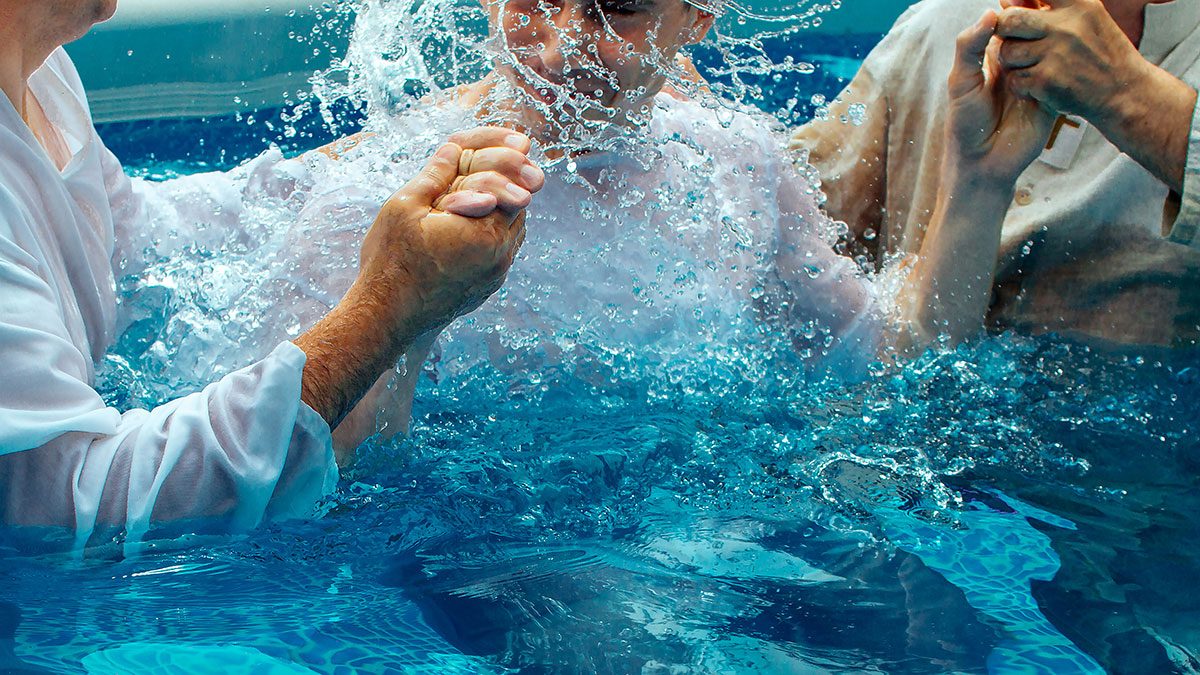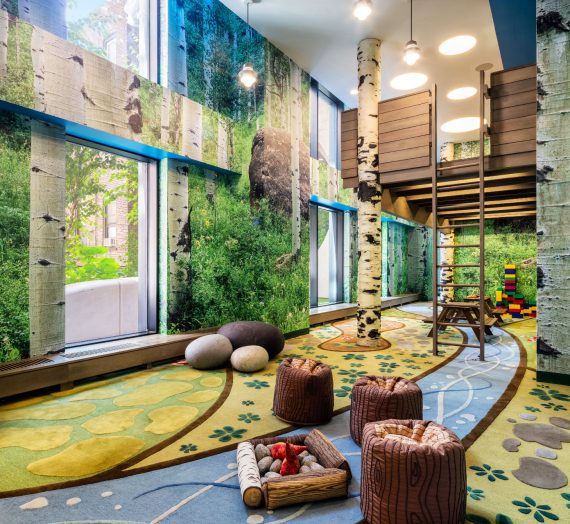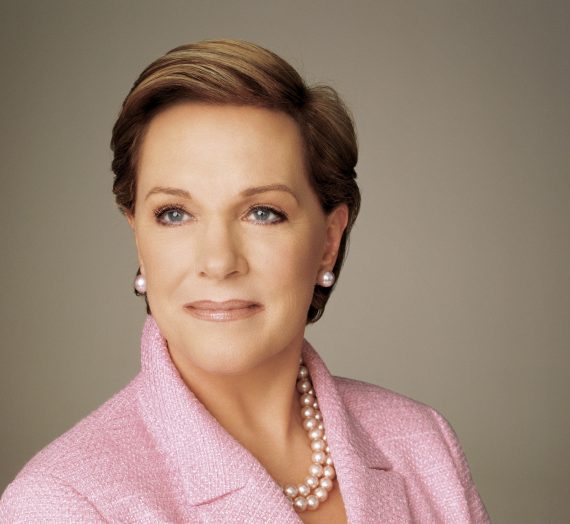From the birth of our son, the father and I started discussing whether he should be baptized or not. I believe that since both parents are baptized Orthodox Christians, we should do the ceremony, and welcome our baby to the Church. On the other hand, the father believes that our boy should have the freedom of choice, and decides on what religion to join once he gets to the age to understand differences and make a conscious choice. Does that make sense? Should everybody feel the calling of faith by himself?
By definition, the first sacrament that takes place over the person who wants to become a member of the Church of Christ in Baptism. In the Sacrament of Baptism, man dies for sinful life, spiritually revived and enters the family of God. To accept this sacrament, he/she must have faith, repent of all his/her sins, renounce Satan and all his works, and wish to be united with Christ. At the moment of Baptism, the person receives an angel guardian sent from God. The angel who accompanies the new Christian all his/her life, inspires good, keeps him/her from evil, and through the conscience guides him/her on the path of salvation.
How could a baby do that? The baby can`t make a conscious difference between good and bad, does not have the sensibility to feel faith, does not know sins or Satan, does not know God either. Isn’t that a path every person should walk by himself? A journey to discover the good and the bad, to have sins and acknowledge them, to ask for redemption and receives it, and finally to become a better person and Christian or Jew or Buddhist or Muscleman?
During the Communist Regime in Bulgaria from 15 Sep 1946 until 15 Nov, 1990 Baptisms were forbidden. According to historian L.Stoyanov, the purely ideological motives for systemic repression of clergy and administrative constraints of religions are purposeful efforts to build a new atheistic Bulgarian society. Unconditionally following the Soviet one this policy was organized applied through actions which aim to destroy Bulgarian Patriarchy public influence. After years of prosecutions, the Regime imposed its gradual repression over public life, and its most powerful guardian the Church. Both people and clergy were under full obedience to Bulgarian Secret Services.
Bulgarian Christians, however, did not lose their faith and continued living by God`s rules. People went to Church secretly, unofficially celebrated Christmas and Easter, and taught their children Christian`s values. My husband’s family is no different in that sense. He was rаised to be a good Christian without being one officially. He wasn’t baptized because at the time he was born, it was illegal to perform or participate in any church rituals. He and his sisters, however always respected Christian culture and traditions.
At difficult moments people tend to think about change. When life isn’t what we want it to be when we are not that good persons our parents taught us to be, when we are out of love, and we can`t find love. In his 30-ties, my husband was at this point in his life; he felt a calling for a new beginning. The best way was to acknowledge officially what he always felt- that he is a Christian and had to take all steps to claim his religion. He asked a priest for guidance and help. Pastor gave him a task- to remember the good and the bad things he did in his life, to confess all the sins, and promise to do only right. My husband did as requested, and in the end, he was ready for the ritual of Baptism. He found a respected faithful man to be his godfather and finally became a God`s child. It was a long spiritual journey that helped him find himself. He knew why he became a Christian and what path he needs to follow. He knew what it meant to be lost and to find a community to belong to.
The big question is whether we should inherit our religion, or should we choose it? It’s up to the parents to teach a child about love, and about good and bad. It’s up to the family to teach him/her about virtues and morals. It’s up to the community to teach him/her about rules and respect. Somehow religion combines all that knowledge so consciously or not our faith is pre-defined by parents, family, and community we live in. But should it be that way? Should we make it official from the very beginning by baptizing our children or we should teach them what we know, give the tools, and let them discover who they are?



